A CONCISE
DICTIONARY
OF
OLD ICELANDIC
GEIR T. ZOGA

Bibliographical Note
This Dover edition, first published in 2004, is an unabridged republication of the work first published by the Clarendon Press, Oxford, 1910.
Library of Congress Cataloging-in-Publication Data
Geir T. Zoga (Geir Tmasson Zoga), 1857-1928.
A concise dictionary of Old Icelandic / by Geir T. Zoga.
p. cm.
In English and Icelandic.
Originally published: Oxford: Clarendon Press, 1910.
ISBN 0-486-43431-1 (pbk.)
1. Old Norse languageDictionariesEnglish. I. Title.
PD2437.E5G45 2004
439.6321dc22
2004047819
Manufactured in the United States by Courier Corporation
43431103
www.doverpublications.com
CONTENTS
PREFACE
W HILE it cannot be said that the study of Icelandic has been neglected in Britain, there can be no doubt that it might with advantage become much more general than it has been. There are several good reasons why it should be so. The Scandinavian influence was the earliest, and one of the strongest, of those outward forces which have gone to the making of modern English, and for the proper investigation and appreciation of this a knowledge of Icelandic is of the first importance. Not only does it supply a linguistic basis for such a study; it is also the source of much of the information necessary for the understanding of that period of British history. In itself, too, Old Icelandic literature, both in poetry and prose, presents a wealth of interesting material, which in some respects stands unrivalled among the literatures of mediaeval Europe, and without which our knowledge of the ancient North would be the merest shadow of what it is.
This important language and literature first became easily accessible to the English student with the publication (in 1869-74) of the Icelandic Dictionary begun by Richard Cleasby, and completed for the Clarendon Press by Gudbrand Vigfusson. This still remains the fullest record of Icelandic as a whole, although some portions of the older vocabulary have been more fully dealt with in later works. For beginners, however, and for those whose interests chiefly centre in the old Icelandic prose-writings, some more convenient and cheaper work has been greatly needed, and the present volume is intended to supply this want. In the main it is founded on the Oxford Dictionary, and has been compiled on the general principle of including all those words which the ordinary student of Icelandic is likely to meet with in the course of his reading. With the exception of the Edda poems, the purely poetic vocabulary has for the most part been omitted, as well as a number of compounds occurring only in legal, theological, or technical works. The line has not been very strictly drawn, however, and in doubtful cases insertion has been preferred to omission, especially where space readily admitted of this course. In the English renderings of the Icelandic words it has usually been possible to follow the larger work, but changes have been freely made wherever they seemed to be required. To make the precise meaning of the word still more evident, a short phrase or sentence has frequently been inserted after the English equivalent, and the student will find the usefulness of these illustrations increase as his knowledge of the language improves. The more difficult examples have been translated, entirely or in part, especially those illustrating the idiomatic uses of common verbs, which even in a concise dictionary must be treated with considerable fullness.
The arrangement of the larger dictionary has on the whole been followed, but a few changes have been introduced. The most important of these are the insertion of genitive compounds in their alphabetical places instead of under the simple word (e.g. alda-, aldar- on p. 7 instead of under ld on p. 528), and the separation of from . Although these vowels were confused in Icelandic from an early date, and editions of old texts printed in Iceland usually employ as only, the distinction has much value for etymology and for the study of the other Scandinavian tongues. The vowel has also been distinguished from (for which many editions use the more original  ), but without separation of the words containing them. In the reflexive forms of verbs the later -st has been used instead of the early -sk; the student must note, however, that in many editions the intermediate -z is employed. For purely philological purposes a different procedure would in some points have been advisable, but the dictionary is intended in the first place to assist in reading the Icelandic sagas as they appear in the most accessible editions.
), but without separation of the words containing them. In the reflexive forms of verbs the later -st has been used instead of the early -sk; the student must note, however, that in many editions the intermediate -z is employed. For purely philological purposes a different procedure would in some points have been advisable, but the dictionary is intended in the first place to assist in reading the Icelandic sagas as they appear in the most accessible editions.
For the convenience of beginners the tables of declensions and conjugations, and the lists of irregular forms, are reprinted (with some alterations and corrections) from the Outlines of Grammar given in the larger work. A table of irregular verbs is unnecessary, as the conjugation of these is fully given in the dictionary itself.
For the original suggestion which led to my undertaking this work I am indebted to Dr. W. A. Craigie, Taylorian Lecturer in the Scandinavian Languages in Oxford, and one of the foremost scholars in both ancient and modern Icelandic. Dr. Craigie has, moreover, revised the whole of the manuscript and proofs, and by doing so has helped considerably towards greater exactness in the renderings and correctness in the English. Although it is too much to expect that in a work of this nature all errors and omissions have been avoided, I trust that those which exist may prove to be of a minor character, and that the dictionary as a whole may help to bring about a wider interest in the language and literature of my native country.
REYKJAVK,
March, 1910.
ICELANDIC DICTIONARY
A
a, a negative suffix to verbs, not; era makligt, at it is not unmeet that.
abbads (pl. -ar), f. abbess.
abbast (a, v. refl. to be angry, to quarrel (a. vi e-n, upp e-n).
abbindi (= afbindi), n. constipation.
aal, n. nature, disposition.
aal-, in compds., chief, head, principal; -akkeri, n. sheet-anchor; -bl, n. manor; -borinn, pp. of noble birth, = al-borinn; -festr, f. see alas- festr; -fylking, f. the main body of troops, centre; -haf, n. the high sea; -henda, f. = alhenda; -hending, f. full or perfect rhyme, as g: bl (opposed to skothending); -hendr, a. (verse) with perfect rhymes; -kelda, f. chief well; -kirkja, f. chief part of a church, opp. to forkirkja; -liga, adv. completely, quite; -merki, n. chief banner; -ritning, f. chief writing; -skli, m. the main hall, opp. to forskli, forhs; -tr, n. trunk of a tree; -troll, n. downright ogre; -tlkr, m. chief spokesman.
aild, f. chief defendantship or prosecutorship.
aildarmar, m. = aili.
aili (-ja, -jar, later -a, -ar), m. chief defendant (varnaraili) or prosecutor (sknaraili, sakaraili).
af, prep. w. dat. I. Of place: (1) off, from; G. hljp af hesti snum, G. jumped off his horse; ganga af mtinu, to go away from the meeting; Flosi kastai af sr skikkjunni, threw off his cloak
Next page
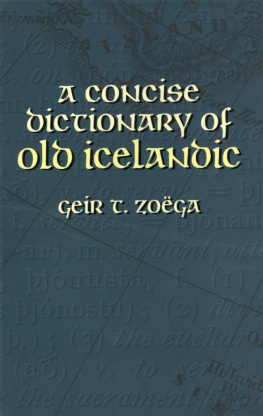

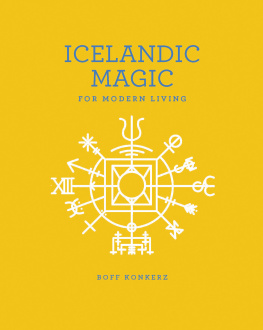
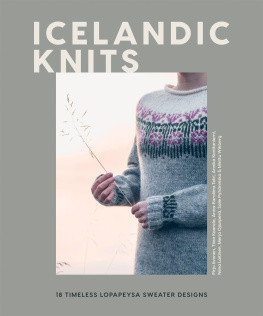
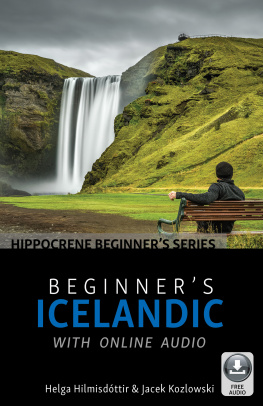

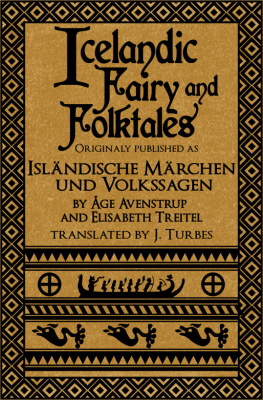

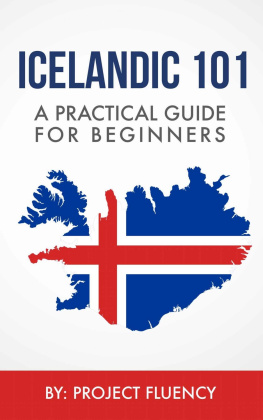
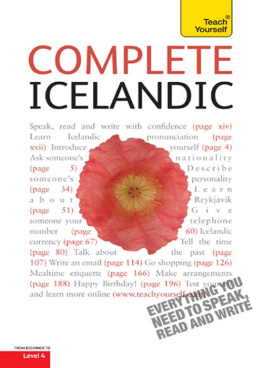

 ), but without separation of the words containing them. In the reflexive forms of verbs the later -st has been used instead of the early -sk; the student must note, however, that in many editions the intermediate -z is employed. For purely philological purposes a different procedure would in some points have been advisable, but the dictionary is intended in the first place to assist in reading the Icelandic sagas as they appear in the most accessible editions.
), but without separation of the words containing them. In the reflexive forms of verbs the later -st has been used instead of the early -sk; the student must note, however, that in many editions the intermediate -z is employed. For purely philological purposes a different procedure would in some points have been advisable, but the dictionary is intended in the first place to assist in reading the Icelandic sagas as they appear in the most accessible editions.